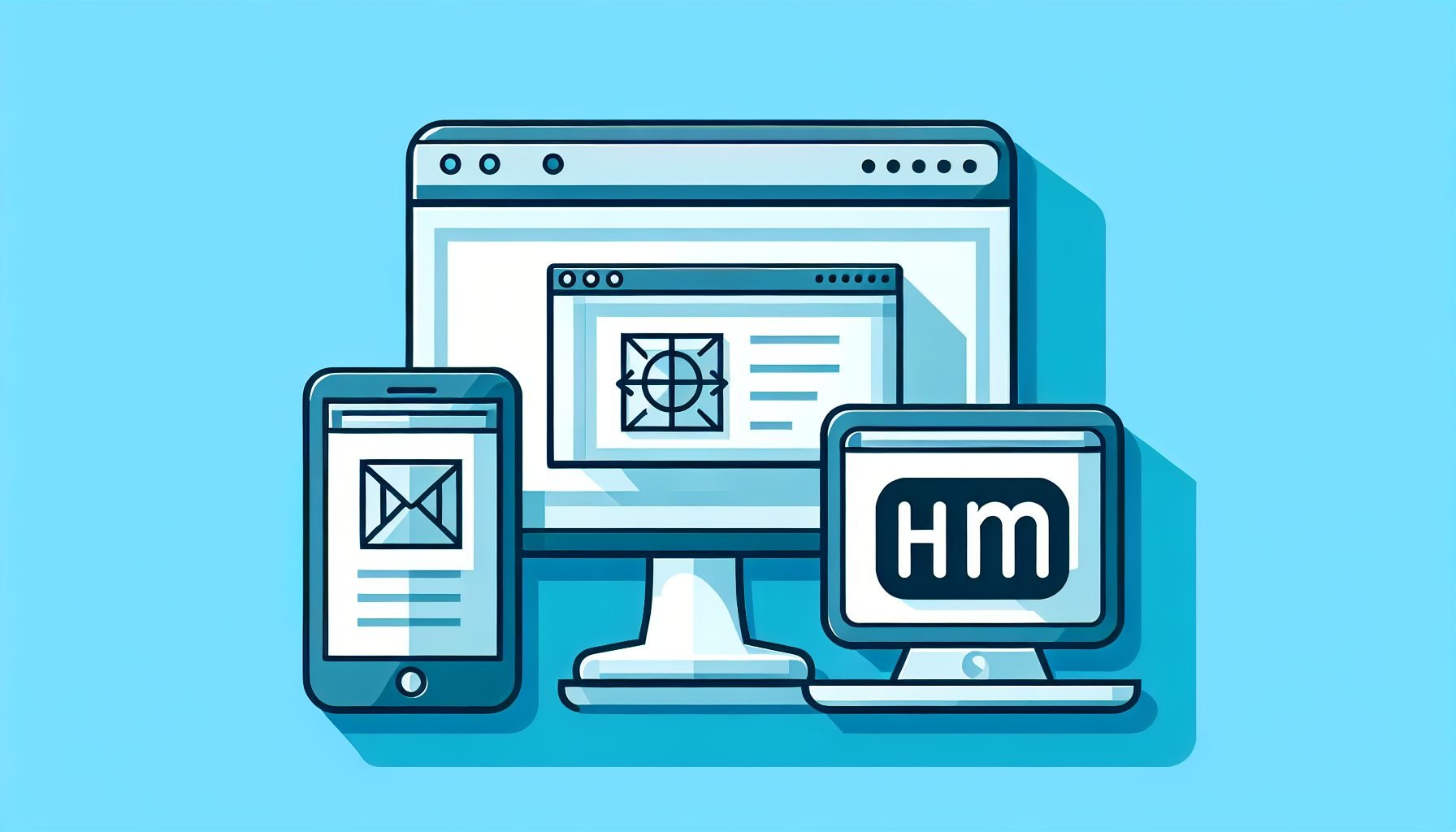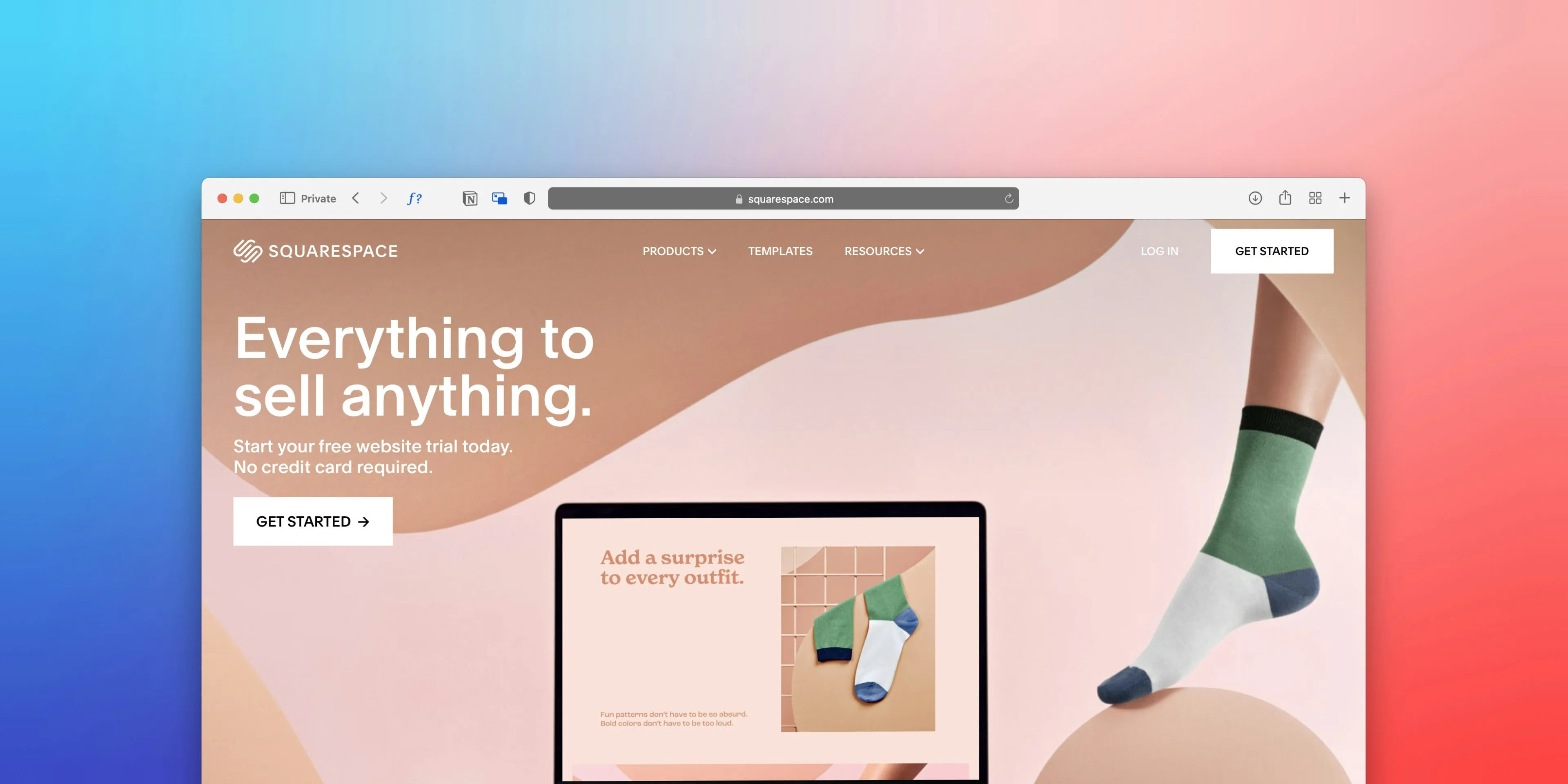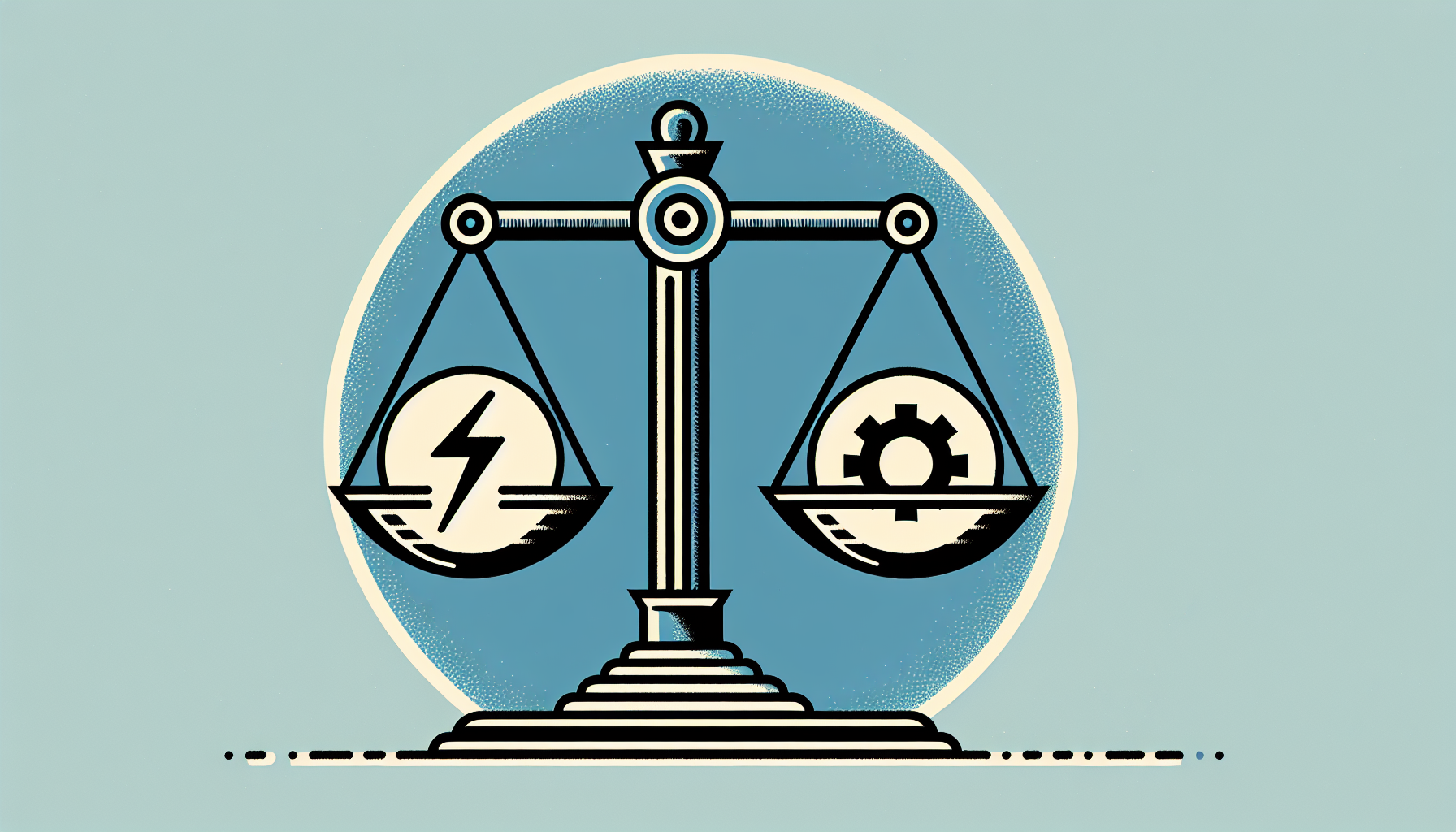Building a New Website? Choosing between Website Builders, WordPress, and Custom Development
Building a website in 2025? You’ve got options—Static HTML, Website Builders, WordPress, or Custom Development. Each has its pros and cons, from lightning-fast static sites to the control of WordPress or the unmatched quality of a custom build. But which is right for you?

Jon Mitchell
6 min read

Introduction
There are many options to choose from when building a website today. But how do you choose? There are pros and cons to each option, each with its own list of benefits and trade-offs.
The Different Ways to Build Your Website
- Static HTML
- Website Building Platforms
- WordPress
- Custom Built
1. Static HTML

All websites are nothing more than a collection of text files and images. The simplest way to launch a website is to create a my-page.html text file, write some HTML code in it, and launch it in your browser. This is web development 101, and you’d be surprised how far you can get making a great website this way.
If you're on the more technical side, you can probably watch a few videos and be up to speed on coding in HTML fairly fast. However, think about your time—is it worth spending hours learning web development 101, or would it be better to just pay a newbie developer? You can purchase a static site fairly cheaply this way. You have to decide what your time is worth and if the benefit outweighs the cost.
Another great benefit of this approach is that it's future-proof. Websites have been built this way since the beginning of time, so you don’t need to hire a developer on retainer to patch or maintain much of anything.
Overall, I would only recommend this approach for websites that are more "information-oriented," meaning a website that is almost exclusively read-only. This is great if you're a small business and just need a single webpage to advertise who you are, what you offer, and your contact details. In other words, you don’t intend to continuously publish content to it, and you don’t expect users to interact with fancy widgets (like contact forms, etc.).
Static HTML Pros
- Cheap and fast to develop.
- Future-proof.
- Pages load lightning fast.
Static HTML Cons
- Doesn't scale well if you need more complexity later on.
- You need to code it or know a developer.
- Cumbersome to consistently change information.
2. Website Building Platforms

I'll be honest—I really hate website builder sites. However, I can't deny the value they bring to the market they serve.
Here are some popular website builders you can use today that don't completely suck:
You should avoid GoDaddy like the black plague.
My biggest issue with site builders is the lack of control I have to move away from their platform. For instance, let's say your business is growing, and you need to start adding rich snippets to your website to outshine your competition. If the platform you choose doesn't support this, then you're out of luck. You need to completely rebuild your site on a new platform, and who knows if that platform has every feature you need?
Regardless, if you need just a simple site and you really can't be bothered to learn HTML or hire a developer, then this is a great option for you. However, don't let your website grow too big on these platforms; otherwise, you will have a big (and costly) migration on your hands.
Website Builder Pros
- DIY way to build a good-looking site, without coding.
- Can implement a website fast.
- Lots of online support.
Website Builder Cons
- Vendor-locked on the platform, hard to move off.
- Platform's lack of features means you need to migrate the whole site for new functionality.
- No control over site speed, dependent on platform.
3. WordPress

Ahh, WordPress—you either love it or you hate it. There's a lot to love (and hate) about it, but in my opinion, it's overall a great option—IF it's managed well.
What I love about WordPress is that it gives you website-building functionality AND control. Is your website running slow? No problem! Let's move it to a new hosting provider and install some optimization plugins. Plus, it's open source.
I always tell my clients that WordPress can be a ticking time bomb IF you're not careful. There are some unspoken rules you need to adhere to in order to launch a long, successful WordPress site without headaches:
- Be picky and limit the number of plugins you install.
- Choose a well-supported theme.
- Pick a good host who will update WordPress on your behalf.
- Ensure your plugins and theme are updated regularly.
- Have a solid backup and restore method in place.
If you don't follow these rules, then you're in for a maintenance nightmare and a money sink. However, as long as you adhere to these rules, you're in good shape for a while. You can scale your website using WordPress without needing to worry about a custom-built site for some time.
Here are some web hosts I really like and recommend to clients:
- Bitzerk (shameless plug 😁)
- SiteGround
- Nexcess
WordPress Pros
- You get website builder functionality AND maintain control.
- Can update the site fairly easily without needing to code.
- Very extendable and customizable.
WordPress Cons
- Maintenance can get out of control if you're not careful.
- It's not free; it will cost some money to host monthly.
- Learning curve to master the WordPress dashboard.
4. Custom Built

I'm biased here because this is what I do at Bitzerk, but you will undeniably get the best results in terms of quality. However, oftentimes, my clients care more about convenience and/or price over quality and are willing to make a trade-off in favor of one of the options mentioned previously.
Regardless, you WILL get the best result hiring a developer for your site, but there are some caveats that can make this process challenging. For instance:
- You need to have a GOOD developer who knows what they're doing.
- Your developer needs to be aligned with your business goals and know how to leverage the latest technologies to help you hit those goals.
- You and your developer need to establish a process to get new features live (i.e., Agile) and will need to collaborate on features important NOW vs. later.
Assuming all of the above points align for you and your developer, then you are in a seriously strong position to build a site that completely smacks the competition. You will have crazy-fast page speeds, look like a champion on Google search results, and can scale your online business like crazy.
Plus, you can customize your website any way you want—there are absolutely no limitations. Want that button to be blue and rounded instead of purple and square? No problem. Need a fancy widget that helps website visitors search for products they want, then automatically generate/email them a quote? Easy as pie.
Custom Built Pros
- Unmatched in terms of quality.
- Customize it exactly the way you need it to be.
- A good developer will educate your team and help you uncover opportunities you may not have seen.
Custom Built Cons
- Need to have a GOOD developer to have the site built and launched well.
- Requires time to plan and implement the website project.
- Need to work well on a team.
P.S. - If you're in the market for this type of website, then book a discovery call with us at Bitzerk! We hit all of the above points and have helped our clients scale like crazy.
No more waiting—it's time to start.
Bitzerk is your all-in-one technical partner for AI, software development, and fully managed technical solutions.
Book a Discovery Call ‣Related Posts
Subscribe to Blog
Software tips and tricks, straight to your inbox.


